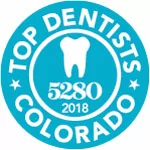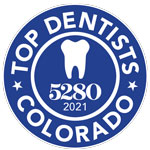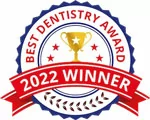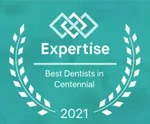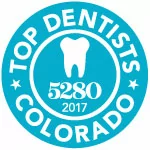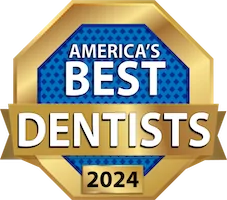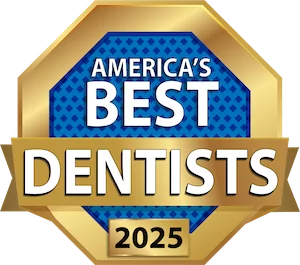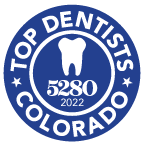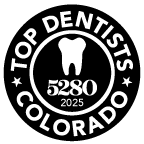The alveolar bone
The bone surrounding the teeth is called alveolar bone. Its main job is to support the teeth and provide a substantial foundation for tooth roots. Normal mouth function maintains bone health. As you chew, it stimulates bone cells to continuously generate new bone.
What can cause alveolar bone loss?
Extraction
When a tooth is removed, the bone at the extraction site is no longer needed.
It’s not just that the root is gone, the forces of chewing no longer stimulate the bone at that site. First, the bone gets narrower. Then it gets shorter.
Studies have shown that a considerable amount of alveolar bone loss can transpire within six weeks after an extraction.
Periodontal disease
Gingivitis is not just a problem with the soft tissues. The infection caused by gum disease can destroy alveolar bone. Advanced periodontal disease can result in the loss of teeth. The rate of bone loss caused by the periodontal disease may be accelerated when the tooth roots are gone.
What if I can’t get an implant immediately after a tooth extraction?
If you plan to get a dental implant after having a tooth extracted, it’s best to do it as soon as your implant dentist advises. Bone diminishes quickly.
Some implant dentists use socket preservation grafts. With this procedure, your dentist fills the extraction socket with bone grafting material. The grafting material should start integrating with the surrounding bone. This won’t halt all bone loss, but it may slow it down.
Dentures don’t preserve alveolar bone
According to the Centers for Disease Control and Prevention, 25% of adults over 65 have no original teeth. Many men and women with missing teeth or no teeth at all choose dentures. This is understandable. It’s problematic to eat and speak with no teeth in the mouth. And nobody wants a toothless mouth.
It’s important to understand, however, that dentures don’t replace the roots of the missing teeth and they don’t preserve alveolar bone. Dental implants are the only tooth replacement option that helps preserve jawbone structure.
Contact Almeida & Bell Cosmetic, Implant & Sedation Dentistry:
303-858-9000
Locations (Tap to open in Google Maps):
Almeida & Bell Dental – Lone Tree
8683 E Lincoln Ave Ste 200
Lone Tree, Colorado
80124
Almeida & Bell Dental – Denver
9126 57th Ave.
Denver, Colorado
80238


